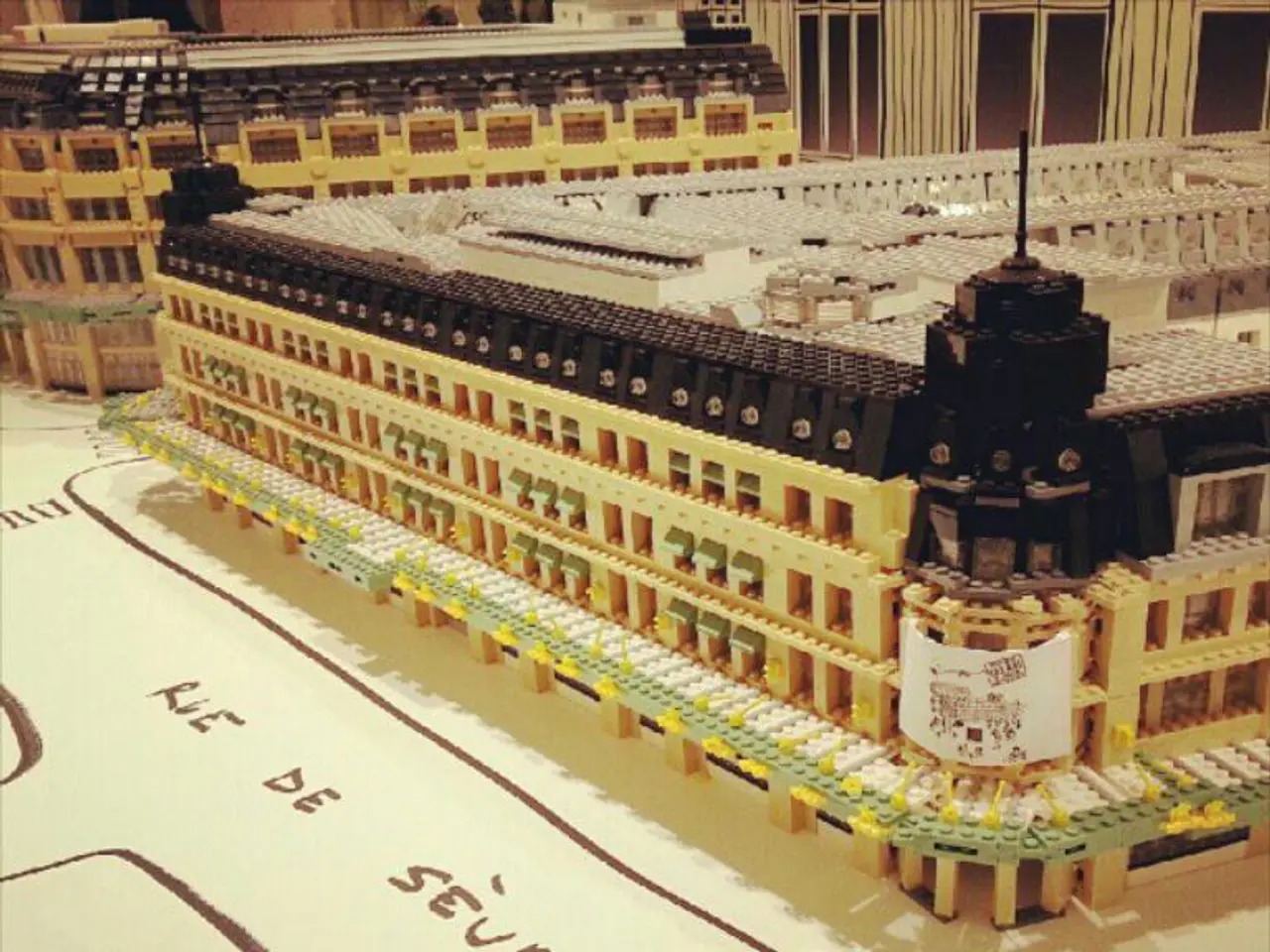AI integration by Neusser Bauverein: Tenants lower heating expenses and achieve substantial CO2 reduction
In the bustling town of Neuss, the Neusser Bauverein has made a commendable stride towards climate protection by implementing Artificial Intelligence (AI) in their heating systems. This innovative approach, currently in use across 170 heating systems, is set to be expanded to 4,300 apartments in the near future.
The AI system, designed to optimise heating based on real-time data, has proven to be a game-changer. By analysing occupancy, weather forecasts, and building thermal properties, the AI ensures that energy is used more efficiently, leading to substantial energy savings.
Specifically, the implementation of this AI-powered technology has resulted in an estimated 15-20% reduction in heating energy consumption compared to traditional systems. This equates to a corresponding decrease in CO2 emissions, estimated at roughly 7-10% per apartment, aggregated across all units to a substantial total reduction.
The heart of this system is a mainframe computer that analyses data from the AI, tenants’ consumption behaviour, weather data, and building orientation. The AI, capable of processing trillions of data points, learns independently, optimises continuously, and adjusts the valves within the heating systems accordingly. This results in a reduction of 860 tons of CO2 per year.
Niki Lüdtke, Prokurist and head of the Asset Management department, expressed optimism about the ongoing installations, stating that the work will continue in the coming months. By September, every heating line leading into each apartment will be installed with the new technology. Notably, the installation will not cost tenants any money.
As of now, 70 percent of sensor technology has been installed in the heating systems. The remaining 245 heating systems are being equipped with new, intelligent valves and sensors. The heating network is constantly adjusted to the actual demand of the connected tenants, ensuring optimal and highly efficient operation of the heating and hot water systems.
This innovative approach by Neusser Bauverein not only promises cost savings for tenants and building owners but also signifies a meaningful step towards climate goals by lowering carbon footprints in residential housing. The commitment to climate protection is evident, and the future looks promising for this forward-thinking organisation.
- Given the success of the AI system in reducing energy consumption and CO2 emissions, Neusser Bauverein plans to expand its use to 4,300 apartments, potentially leading to even more significant savings in both energy and environmental impact.
- The integration of artificial intelligence in environmental science, particularly in climate-change mitigation, is a testament to the potential of technological advancements in addressing pressing global issues, such as reducing the carbon footprint in residential housing.
- As the AI continues to learn and adapt, it will likely contribute to further improvements in the efficiency of heating systems, potentially driving additional innovation in the field of environmental-science and technology, ultimately paving the way for a more sustainable future.




